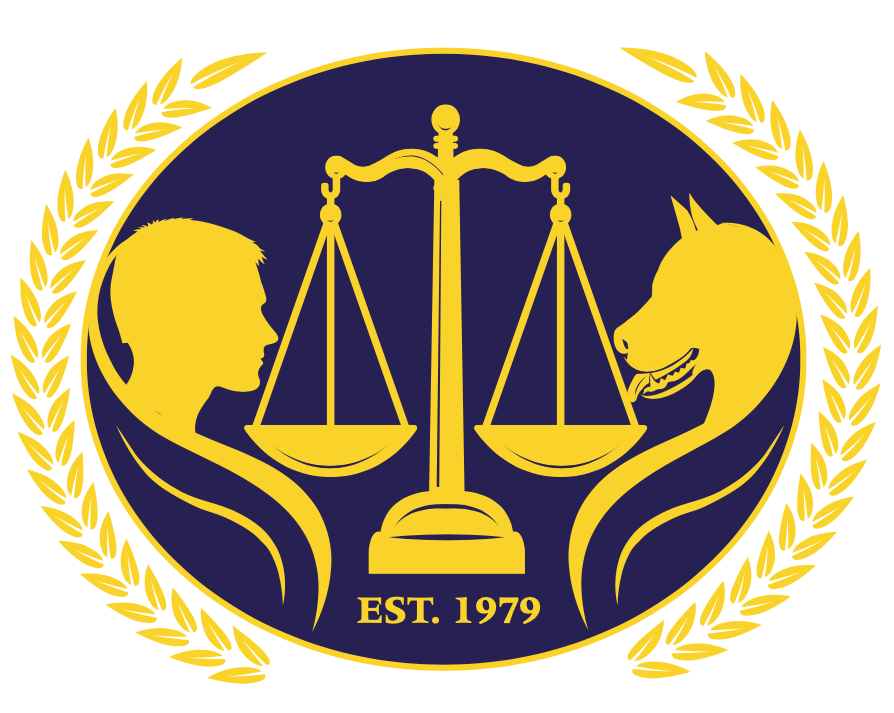In the United States, a number of products like pharmaceuticals, cosmetics, and detergents are first tested on animals to determine what their effects are likely to be on humans. This has raised a number legal and ethical concerns among consumers. So, what are the laws regarding animal testing?
In the United States, animal testing (at least as it applies to vertebrates) is largely regulated by the Animal Welfare Act of 1966 (AWA). The AWA is enforced by the Animal and Plant Health Inspection Service (APHIS) of the United States Department of Agriculture (USDA). The AWA is designed to provide a minimum standard of care and treatment for animals while ensuring that the regulations do not interfere with “the design, outlines, or guidelines of actual research or experimentation.”
Currently, the AWA only protects mammals. In fact, in 2002 the Farm Security Act, an amendment to the AWA, specifically excluded purpose-bred (as opposed to wild-captured) birds, rats, and mice from regulation under the AWA. As a result, the AWA now applies to relatively few animals commonly used in research.
The AWA requires any company or institution that uses covered species to maintain an Institutional Animal Care and Use Committee (IACUC). The IACUC is responsible for ensuring the company or institution remains in compliance with the AWA. However, some research suggests that the use of IACUC’s as a system of monitoring and regulation is unreliable. A 2001 study by Wesleyan University showed that decisions between different companies’ and institutions’ IACUC’s were statistically unrelated and inconsistent.
However, companies and institutions that conduct animal testing are also subject to unannounced inspections by the USDA. Unfortunately, there are only about 70 inspectors nationwide to monitor approximately 1100 research institutions. The same inspectors are also called upon to conduct pre-licensing inspections which accounts for more than 4000 additional inspections. As a result, APHIS has been criticized for its lack of resources and thoroughness. Indeed, several APHIS and USDA personnel have even criticized the system, themselves, and have provided anecdotal reports of being told to turn a blind eye to violations simply because of the additional work such reports would create.
Another way that animal testing is regulated is through the Public Health Service (PHS). The PHS Policy on Humane Care and Use of Laboratory Animals became law with the enactment of the Health Research Extension Act of 1985. The laws are enforced by the Office of Laboratory Animal Welfare (OLAW), and apply to any scientist or institution that receives federal funds and would be required to have an IACUC under USDA regulations. OLAW enforces the standards contained in the Guide for the Care and Use of Laboratory Animals, which is published by the Institute for Laboratory Animal Research. The Guide includes in its purview all vertebrate species, including rodents and birds. Thought the Guide is more inclusive than the AWA, OLAW will only conduct inspections when there is a suspected or alleged violation, and even then only when the alleged violation cannot be resolved through written correspondence.
Finally, some private institutions also accredit animal research facilities. For example, accreditation by the Association for Assessment and Accreditation of Laboratory Animal Care International (AAALAC), is considered the highest standard. Accreditation is dependent on regular AAALAC site visits and program evaluations conducted by the member institution every three years.
If you are concerned about the treatment of animals at a facility in your area, you should contact the USDA and report your concerns. You may also want to speak with an attorney to see if you have a basis for filing suit yourself, or if there is another means of reporting your concerns and stopping the improper animal testing. Alternatively, if you are a company or institution that engages in animal testing that wants to ensure compliance with the law or private regulation, you should consult with your corporate counsel.
The Dog Lawyer – Richard Bruce Rosenthal, Esq. National Authority On Animal And Dangerous Dog Law. Give us a call today (718) 261-0200
